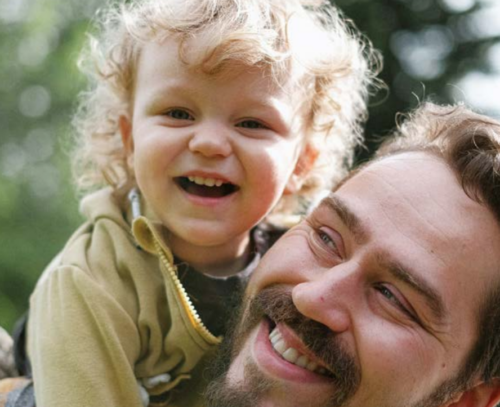Make your Will for Free
Make or update your Will for free with our partners Farewill and National Free Wills Network.

By leaving a gift in your Will, you can support Evelina London go beyond what the NHS can provide.
With a gift in your Will for Evelina London Children’s Charity, you can help to transform the experience of care for children and young people. For more than 150 years, the team at Evelina have been nurturing fragile tiny new-borns and successfully completing world-first heart surgeries. Annually, over 104,000 children, young people and their families experience the incredible warmth of Evelina London.

Make or update your Will for free with our partners Farewill and National Free Wills Network.

Leaving a gift in your Will means creating a lasting legacy for the children, young people and families at Evelina London.

We've answered all of your questions to make it as simple as possible for you to leave a gift in your Will.
“I would not be the person I am today if it was not for Evelina London. I hope that when I pass away, my gift will help others receive the same great care that I have had since I was a baby.”